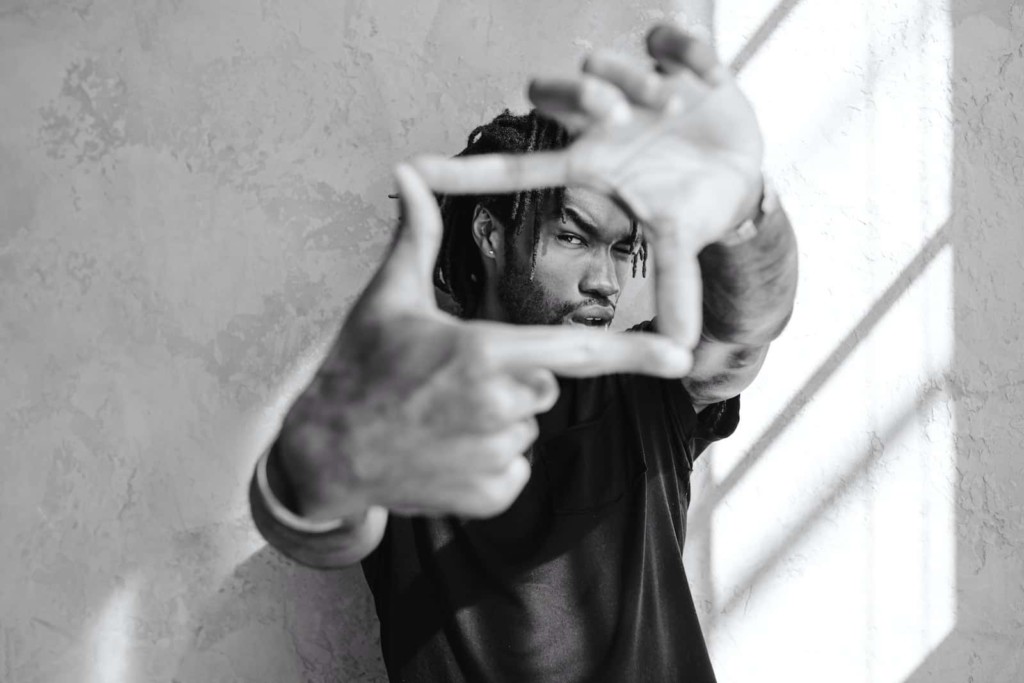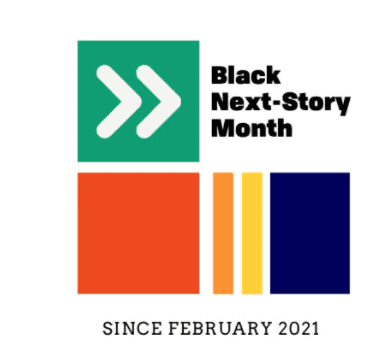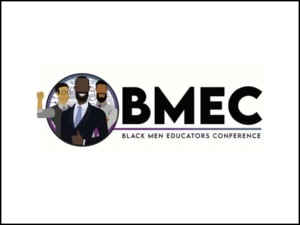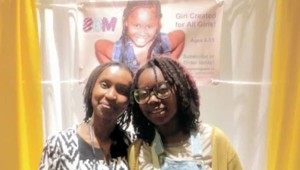Black Next-Story Month

By: Caroline Hill
The stories of the past are important.
They remind us of our superhuman capacities to transcend our limits in the face of insurmountable obstacles. These stories feed us a healing soup of triumph, self-determination, greatness, and brilliance. We retell stories of our humanity; an important practice in a society designed to dehumanize.
As we take time this month to remember the past, I find myself wondering about the next story. I look at pictures of my parents, grandparents, great parents, aunts and uncles–– all of whom inhabited black bodies while on this earth–– and I wonder if a true celebration of black history must also include acknowledging their pain and resilience as well as a commitment to write the next story. The story that assumes that racial hierarchy is obsolete.
 What if we all decided to work together and ensure to break this spell that has such a hold on all of us?
What if we all decided to work together and ensure to break this spell that has such a hold on all of us?
Maybe it starts with teaching bodies of color, especially black bodies, to have full range of motion in and with their bodies–because supremacy limits not only where you can go physically, it limits your imagination about what you think you can do with your own body.
We might reimagine culturally relevant education for white students and white teachers, as pedagogy would make visible the hierarchy in their own stories and cultural narratives.
Maybe it looks like intentionally teaching white children to become anti-racists and creating standards and assessments to monitor mastery.
At the school level, perhaps we decide our schools should exist to rid our land of all body supremacies once and for all, starting with race. Imagine, for a moment, the literacies needed for that most righteous task.
What if we entrusted students to redesign systems so that everyone is seen, heard, and had their dignity and humanity affirmed? Relationships across lines of difference would not just be nice, they would be required. Proximity to marginalized bodies would be a design requirement. Children would need to develop new cultural codes to see differences as expected, not foreign.
I invite you to join me in honoring the pain and triumph in the black story by committing to removing the very structures that created the trauma.
Let us honor the past by learning new cultural ways that make the old ways obsolete.
For more, see:
This post was originally published on 228 Accelerator.
Caroline Hill is a thought leader who lives, works, and designs at the intersection of education, innovation, and equity. Her work inspired the creation of equityXdesign, a powerful design framework that merges the values of equity work and innovation with the intentionality of design.
Stay in-the-know with innovations in learning by signing up for the weekly Smart Update.





0 Comments
Leave a Comment
Your email address will not be published. All fields are required.